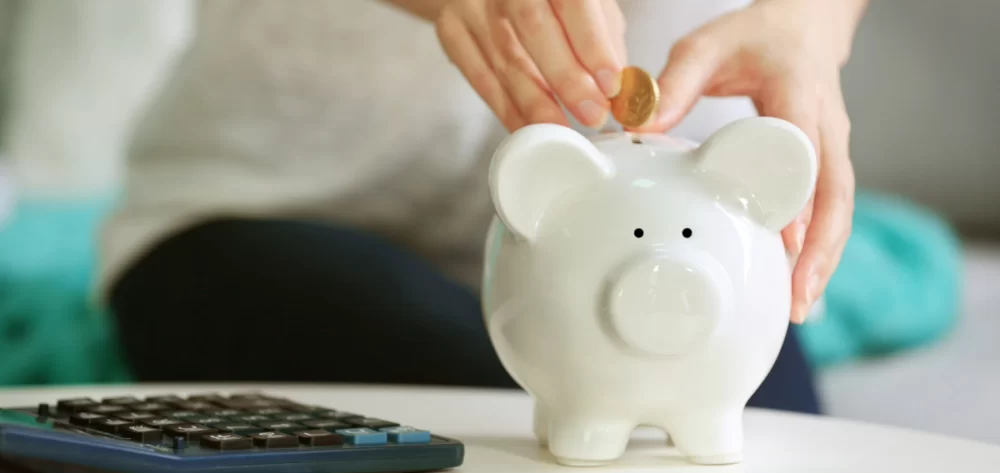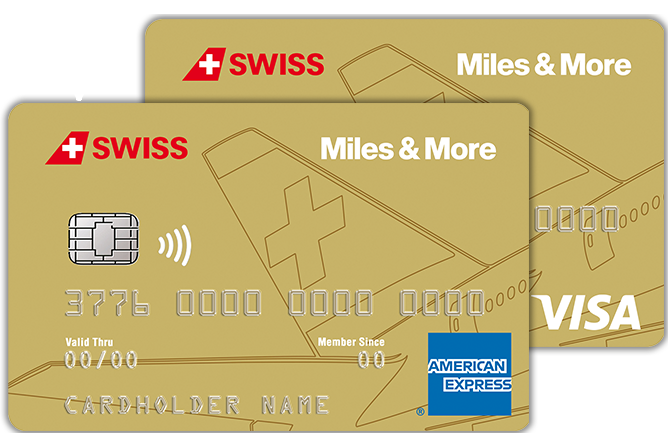Your account balance is running low, but the bills just keep on coming. Anyone who has experienced debt knows that it can pose huge challenges to both individuals and families. Read this guide to get clear steps which can help you escape the debt cycle.
1. Get organized
Losing control over your finances puts you at greater risk of entering a debt cycle. That is why it is important to review and organize bills and payment reminders as they come in and not simply toss them in some bottomless to-do heap or worse-yet, the garbage can.
Many people who forget to pay bills end up receiving multiple late-payment reminders for each bill. The late payment fees can quickly add to your existing debt burden. Take time to set up a system by which bundle related documents and sort incoming mail based on its importance. If you have friends or family with good organizational skills, consider asking them for help in getting organized.
If you cannot afford to pay all of your bills immediately, you will have to organize bills by priority. Rent is generally one of the most urgent bills, followed by your basic utilities bill and premiums for mandatory health insurance. If you absolutely need a car for your work or for job-hunting, then car-related costs would come next in line.
2. Create a budget
The chance of your getting into debt is much higher if you do not keep tight control over your spending or when an unexpected event (illness or loss of employment, for example) reduces your income. Creating a budget is crucial, especially when you begin to realize that you do not have enough money to cover your expenses. You can find excellent templates for creating a budget on the Internet.
To find out exactly how much money you spend and on what, just pick a time frame (one month, for example). During that time, record each time you spend money on anything and make a note of what you spent the money on. Various budgeting consultation services offer apps which make this process easier. Once you know exactly how much money you have, and what it is you are spending money on, you can then make a plan to repay your debts. You can find useful tips in the moneyland.ch guide to creating a budget.
3. Cut out unnecessary spending
The less money you spend, the easier getting your financial life back on track will be. Taking control back starts with reviewing which payment methods you use. Credit cards and mobile payments make spending money exceptionally easy. The ease with which you can spend lends to impulse spending. Cutting out convenient payment solutions and using only cash can help to minimize unplanned spending.
Another way to trim your expenses is to cut down on dining out. Bringing meals and drinks with you from home whenever possible instead of getting take-aways or dining out can easily save you a three-figure sum each month. When you do eat at restaurants, follow these money-savings tips for restaurant dining in Switzerland.
Vacations are another point where the savings potential is large. On average, residents of Switzerland take three trips which include hotel stays every year. But finding more affordable alternatives for enjoyable holidays such as devoting time to an interesting hobby or camping rather than staying at hotels can help you cut costs and get out of debt faster. When you do stay at hotels, take advantage of these money-saving tips for hotel stays in Switzerland.
4. Optimize your expenses
Comparing the prices of your absolutely necessary subscriptions and insurances with those of similar offers is worth it in almost every case. Choosing the most affordable offer available can save you hundreds of francs per year on mandatory health insurance alone. Just exchanging your mobile plan for the most affordable mobile plan with similar services can cut your phone bill by up to 60 francs per month. Take time to go through every paid subscription, insurance and membership you have and give notice on every subscription which you do not really need or rarely make use of.
Housing is one of the biggest cost points on most people’s budgets, but there is often savings potential. Moving from a 5-room apartment to a 3-room apartment – assuming you do not really need the extra space – can easily trim 1000 francs per month of your rent. Moving to more affordable housing can save a lot of money which can go towards repaying debts. Just make sure to account for the costs of the move when calculating potential savings. Subletting part of your home provides a good alternative for reducing your rent without having to move. Refer to the guide to subletting in Switzerland for useful information.
5. Find additional sources of income
If your income is not sufficient to cover your living expenses and debt repayments, getting a second job is worth considering. For example, you could do freelance work or a part-time job on weekends or holidays. There are online platforms which specialize in freelance work and part-time jobs.
If you do not really need your car, selling it can bring in money towards paying your debts. Additionally, cutting out your car will also cut out the costs of insurance, road taxes, highways sticker, maintenance, repairs and fuel. In many cases, you will spend much less in total by getting a public transportation pass instead.
6. Make contact with your creditors
In some cases, it can be beneficial to contact your creditors. Explain to them why you are currently unable to repay the money you owe, and what you are doing to change that. Many companies and government offices are accommodating in these situations, and will extend deadlines for repayments or give you the option of paying in a series of installments. This is especially true when your financial crisis is the result of temporary, unexpected circumstances and you are likely to be able to pay the bills in the not-too-distant future.
7. Avoid borrowing money
Loans may provide temporary financial relief, but they are not a suitable solution for repaying debts. On the contrary, loans only add to your expenses and add to your debt problem. Commercial debt repair services are also best avoided, as their fees are generally very high. Refinancing existing loans can make sense when the interest you pay on the new loan would be significantly lower than the interest you pay on your existing loans.
The faster you can pay off your existing loans, the better. The reason for this is that the longer you carry loans, the more you pay for them. Swiss consumer credit loans can be repaid early without penalties. The only time when extending the term of your existing loan makes sense is when you are not able to repay the loan on schedule.
8. Contact a debt consultation service
If you get into debt – or if you already are in debt – consider contacting your cantonal debt consultation service to arrange an appointment as quickly as possible. Cantonal debt consultation offices do not charge fees. You can find the contact information for your local debt consultation office on the website of the association of Swiss debt consultation offices (in German and French). The debt consultation office will be able to help you determine whether you are eligible for financial help such as childcare subsidies, health insurance premium reductions, or welfare.
9. Expand your skills set
Continuing education increases your opportunities to earn more income. Learning new skills can provide a basis for getting salary raises or succeeding in business. While time-consuming, expensive master’s degrees are not a realistic option for many working adults, plenty of flexible course known as MOOCs are available on the Internet. Even reputable Swiss universities like the ETH, the University of Zürich and the University of Basel offer these free, online courses.
More on this topic:
Guide to refinancing loans in Switzerland
How to Deal with Debt Collection
Guide to carrying credit card balances in Switzerland

 Deal of the Day
Deal of the Day 









